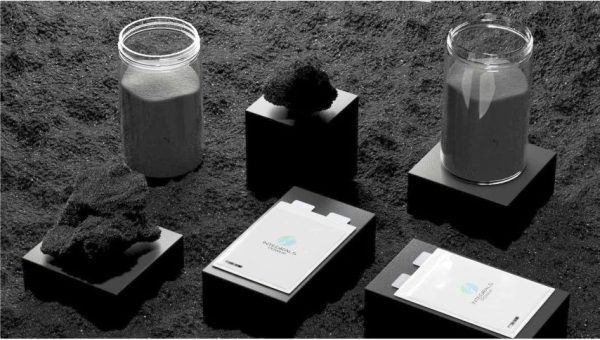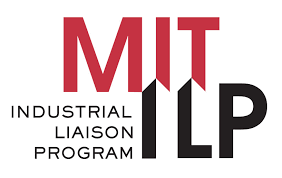
Milton Keynes — Integrals Power is developing a range of high-performance cathode active materials that will enable batteries to become smaller, lighter, and more durable. These enhancements are essential to delivering more affordable electric vehicles that offer longer range and faster charging.
With around 90% of the world’s cathode active materials made in China1, Integrals Power is one of only a handful of companies in the rest of the world that is manufacturing them. As well as the benefits of UK production, raw materials sourced from Europe and the US further enhance supply chain security and transparency and mitigate geopolitical issues.
The company’s unique Lithium-Iron Phosphate (LFP) and even more advanced Lithium-Iron Manganese Phosphate cathode active materials (patents-pending) differ from existing chemistries in that they are developed at a molecular level using pure materials rather than starting from bulk precursors – which often contain impurities that impair the efficiency of the battery cell, and recycling at end-of-life. They are then manufactured using a unique process that can be readily scaled up to mass production.
The result is a cathode that, for a given size, enables the cell to store up to 30% more energy, release it more quickly, and undergo more charging cycles with less reduction in capacity, delivering battery packs that are smaller, lighter, and more durable – and EVs that can travel further and last longer. And because fewer cells are needed, overall costs are reduced, and CO2 emissions from the complete battery supply chain can be cut by nearly 20%, making production more sustainable.
Integrals Power Founder and CEO, Behnam Hormozi, said: “The cathode is the most critical part of the cell because it determines the battery’s overall performance, cost, and durability. That’s why our breakthroughs in cathode active material will enable EVs to achieve longer range, faster charging, and higher performance from smaller, lighter battery packs.
“We also source our raw materials from Europe and the US, so we can help cell suppliers and vehicle manufacturers to develop a more robust, transparent supply chain that mitigates geopolitical issues such as import tariffs and mining of critical elements such as cobalt.”
LFP is quickly gaining widespread use in EV batteries because compared to Lithium-ion chemistries it offers lower cost and longer cycle life, but its overall performance needs to be improved. Aided by UK government funding, and in collaboration with UK universities, Integrals Power has been intensively developing better LFP cathode active materials: under third-party tests against industry benchmarks, they deliver greater specific energy storage capacity, higher energy discharge rates, lower internal resistance, and better performance at very high and low ambient temperatures. They have also been evaluated by a leading global vehicle manufacturer.
LFMP is becoming more widely used in the automotive industry, but, like LFP, its capability can be limited by the materials used to make the cathode active materials. Integrals Power is developing its solution using the same strategy for sourcing and manufacturing, resulting in better performance. In addition, Integrals Power enables greater variation on the percentage of Manganese used, allowing cell suppliers to more finely tune the cell’s properties to match the requirements of each application.
Integrals Power is continuing to develop and improve both its LFP and LFMP cathode active materials and will soon be able to produce larger batches for evaluation by cell suppliers, battery manufacturers and vehicle manufacturers worldwide upon the completion of the pilot plant currently under construction.
As well as electric vehicle batteries, these materials are also ideal for applications including marine, aerospace, and defence.



